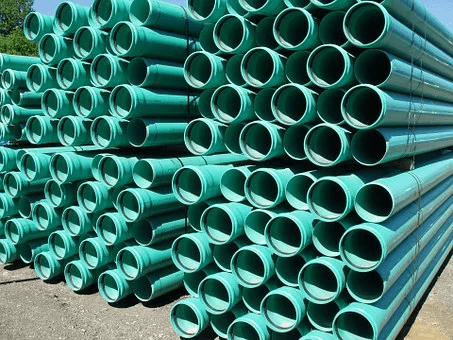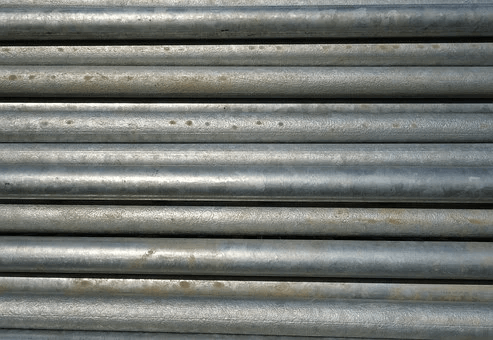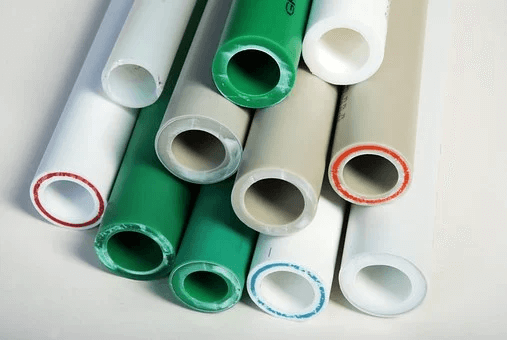- 128 Queen St S, Mississauga, ON, Canada, L5M 1K8


Metal has been used in plumbing since the beginning of modern plumbing, metal is reliable, strong and gets the job done. The most common kinds of metal used for pipes are/were lead (not used anymore), copper, brass, iron, and steel. Copper is a common material used now for its lighter weight and strong build. Additionally, copper tends to last longer and rust less. But steel is a good option for steady and hefty piping.
The biggest downfall of metal pipes is corrosion. After time, air and water will react with the metal elements and Flake internally. This internal flaking can cause pipes to weaken over time and buildup creates clogs. Metal pipes are also more expensive than their plastic counterpart.
Brass is an older material that resists corrosion quite well, the only thing to keep in mind is that some brass isnt lead free and will damage the body. Galvanized steel is less costly than other metals, and is coated in zinc increasing durability. The downside to this material comes when you take a look at the water flow; very slow compared to other pipe materials.

Plastic pipes are much more commonly used. Perhaps the best benefit of plastic pipes is a feature metal pipes could never provide. Plastic pipes are much cheaper than metal and don’t rust at all. These pipes are installed anywhere that metal ones are. The plastic is slightly more fragile than metals; however, they are still incredibly strong. Plastic pipes are easier to work with, easier to cut and easier to carry. Parts to fit plastic pipes are also easier to find than obscure metal ones.
Because plastic is less durable your pipes may have to be replaced more frequently. Plastic also is not a heat resistant material and can experience problems in very hot months as well as very cold months.
The other main issue with plastic plumbing pipes is that there are restrictions. Plastic pipes cannot be used where drinking water passes through as well as anywhere there is highly pressurized water flow. Though, plastic pipes are an excellent choice for pipes; so, if you are going to get them, opt for the polybutylene or chlorinated polyvinyl chloride (CPVC). The chlorinated material will make it more heat resistant and suitable for drinking water.
To use any plastic piping with an appliance like say a water heater, where there is heat, it must be connected by copper.

Pros of metal
Cons of metal
Pros of plastic
Cons of plastic
Which is better. If you are looking at a casual plumbing job, the best option is plastic. For any business or industrial area, use metal. While it’s more expensive it will last longer and be more durable through all the use. Seeing as there are external factors which impact the ability to use each of the materials. Of course there are exceptions and each case should be evaluated individually, even better if evaluated by a plumber.
After reading all the information, you can make the right decision. Though, we highly encourage you to speak directly with a plumber in order to ensure all circumstances are being taken into consideration.